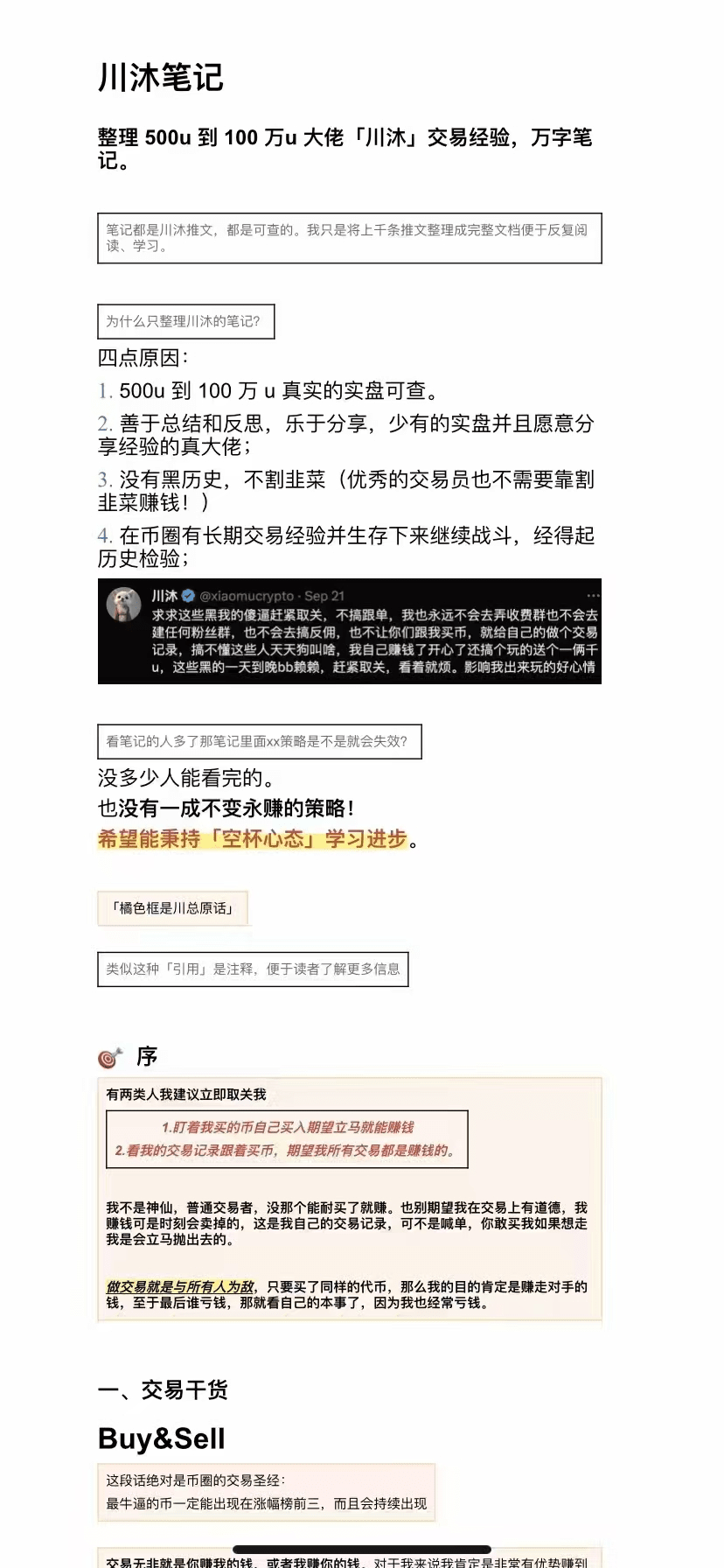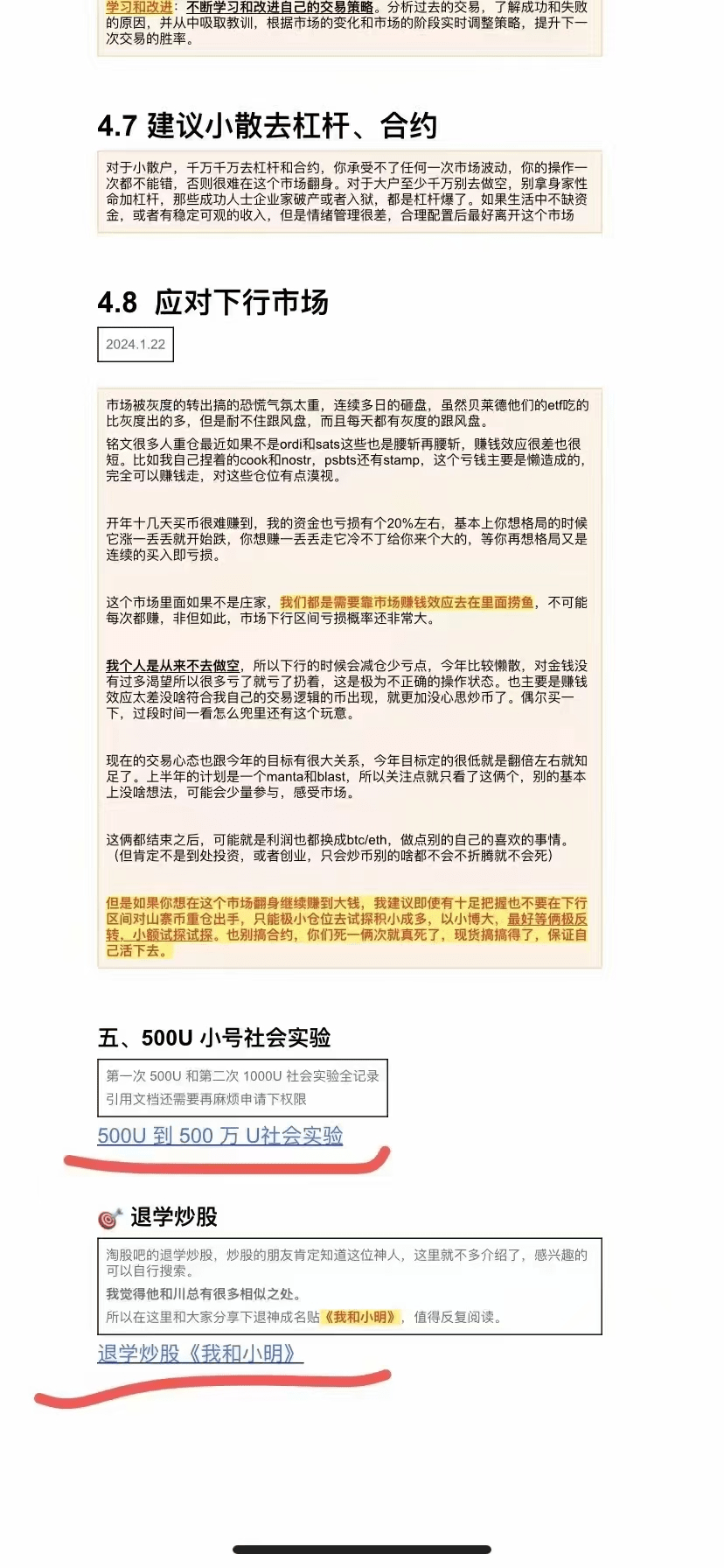The phrase 'an empty position is also part of trading' may sound like a motivational saying at first, but when you think about it, it's a cold truth, especially in high-risk markets like contracts, futures, and stocks. Many people think trading is all about buying and selling continuously, and that being in an empty position is a waste of time; in fact, the opposite is true—an empty position could be the key to keeping your account alive. Below, I will break down the logic behind this and discuss how I manage to stay in empty positions.
Logic One: The market is not your ATM
The core of trading is not 'doing' but 'earning.' The market moves every day, but opportunities do not arise every day. The futures market is particularly brutal, with high volatility and leverage; making random moves just gives money to the big players. The essence of staying in an empty position is acknowledging a fact: you can't grasp every market move, and there's no need to place bets every time.
For example, during the bear market in 2023 when BTC dropped from $60,000 to $20,000, those who went all in with long positions were cut down mercilessly, while those who stayed in empty positions preserved their capital. Later, when it hit the bottom at $30,000, they built positions and directly benefited from the doubling market in 2024. Staying in an empty position doesn't mean not trading; it means waiting for a 'worthwhile betting' probability window.
Logic Two: Empty positions are the ultimate weapon of risk management
Experienced traders know that staying alive is more important than making a lot of money. An empty position is your 'shield,' allowing you to avoid uncertainty. For example, before major news events (like the Federal Reserve's interest rate hike or black swan events), the market direction is unclear; going all in is like running naked, and the risk of liquidation doubles. An empty position is choosing to 'not gamble' at such times, keeping the initiative in your hands.
I once met a big player in the futures circle named Old Wang. He grew his account from 100,000 to 50 million, and he has a famous saying: 'I spend 70% of my time in an empty position; only 10% of the market moves are worth my action.' This is not laziness; he has calculated the profit-loss ratio and knows that the cost of making random moves is far higher than waiting.
Logic Three: Winning Strategies in Psychological Games
Trading is not only a game of skills and capital but also a psychological contest. When fully invested, you stare at the market, your heartbeat synchronizing with the K-line; when emotions collapse, it's easy to chase highs and sell lows. In an empty position, however, you feel like an outsider, watching the show with a calm mindset. When others panic-sell out of despair, you can enter precisely and pick up bargains.
I deeply resonate with this. Last year, when altcoins surged, I couldn't resist chasing a high position and ended up trapped for three days, losing 30%. Later, I learned my lesson and stayed in an empty position for half a month, clarifying the trend before acting. I recouped my previous losses in one go and even made an additional 50%. Staying in an empty position transformed me from a 'gambler' into a 'hunter.'
How do I manage to stay in empty positions?
To be honest, staying in an empty position sounds easy, but it's actually quite challenging; human nature loves to fidget. However, I've summarized a few practical methods that work well:
Set rules, enforce them strictly
I set a strict rule for myself: if the daily K-line doesn't break through key support or resistance levels, I absolutely stay in an empty position. For example, if the BTC daily line hasn't stabilized above the 20-day moving average, I won't touch it, even if I see others making money and feel envious. Once the rules are set, execution relies on discipline, not feeling.
Calculate probabilities, don't rely on intuition
Before I place an order, I ask myself: What is the win rate of this market move? Is the profit-to-loss ratio worthwhile? If the win rate is below 60% or the profit-loss ratio is less than 2:1, I stay in an empty position. Data doesn't lie; intuition often leads to trouble.
Shift your focus, stay away from the market
It's easy to get itchy fingers when staring at the market; when I'm in an empty position, I close the software, play games, read books, or even browse analyses from major figures in the crypto circle (I've gone through all of Wang Wang's and Tony's courses). Once my emotions have calmed down, I look back and find that staying in an empty position was the right choice.
Review instead of real trading
Being in an empty position doesn't mean doing nothing; I review historical data, simulate trading systems, and identify my vulnerabilities. For instance, I studied Tony's short-term trading methods and found that he sharpens his tools while in an empty position, making precise and quick moves when he finally acts.
The Philosophy of Empty Positions for Experts
Let's talk about those top players in the circle. Wang Wang once said during a live stream: 'An empty position is my best position; at least I don't lose money if I can't make any.' Bitcoin King also mentioned that he spends more time in empty positions than in holding positions because 'if the trend hasn't come, forcing trades is suicide.' Tony was even more direct: 'Traders who can't stay in empty positions die faster than anyone else.' These words may sound harsh, but they are all extracted from blood and tears.
Finally, I want to say
An empty position is not cowardice; it is the hardest core of the trading system. It transforms you from 'being led by the market' to 'actively choosing the market.' Those who want to get rich overnight will never learn to stay in empty positions because all they see is greed; those who want to survive and make big money consider empty positions as their moat.
If you also want to make good use of empty positions, you might as well learn from the thoughts of Wang Wang, Bitcoin King, and Tony. I've compiled a set of their courses, filled with practical tips.


